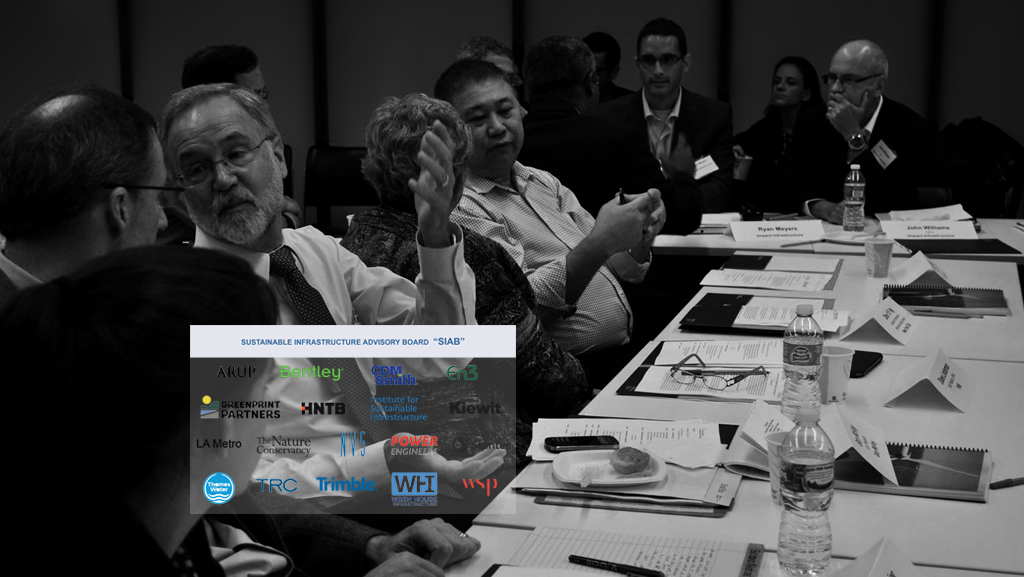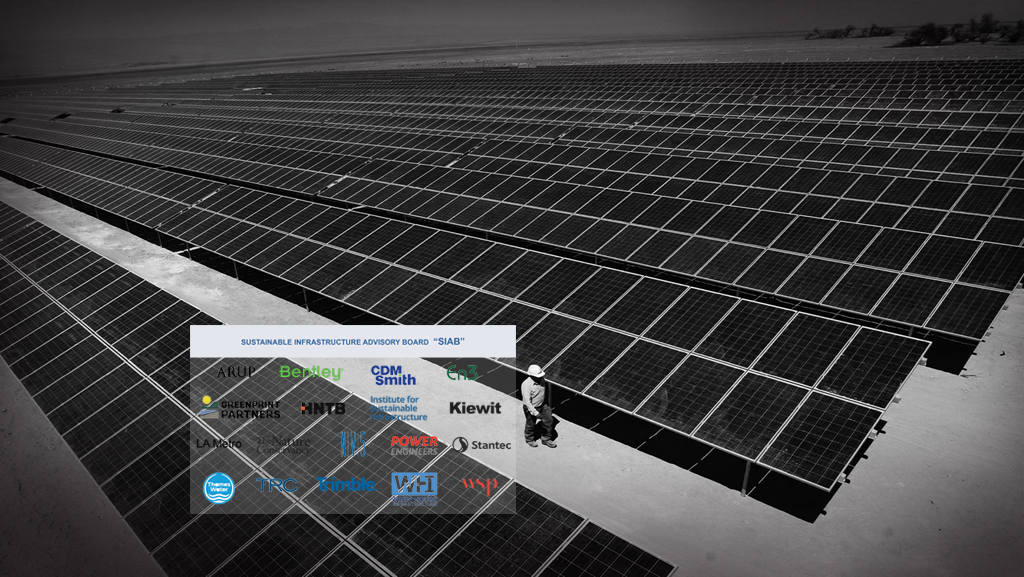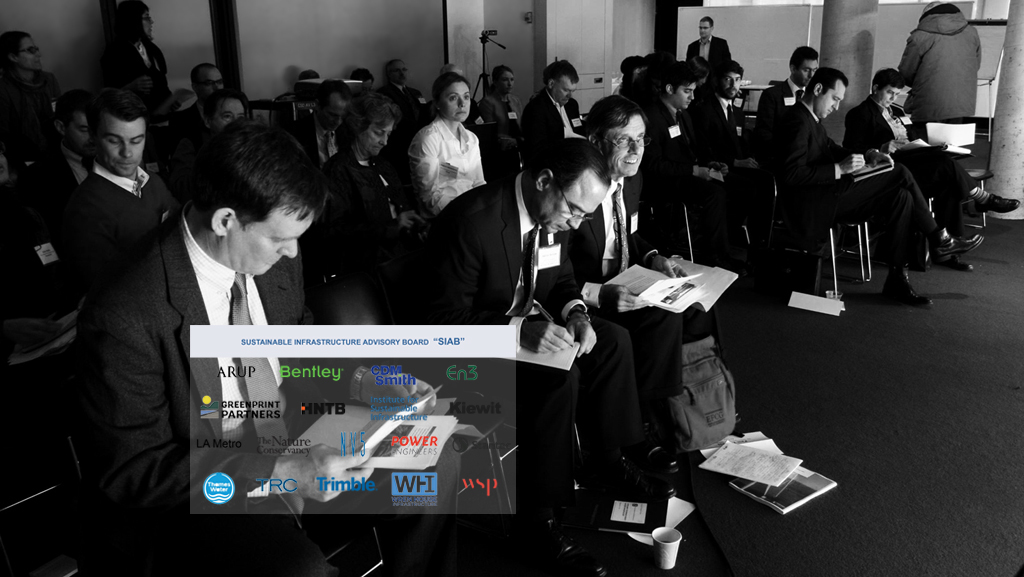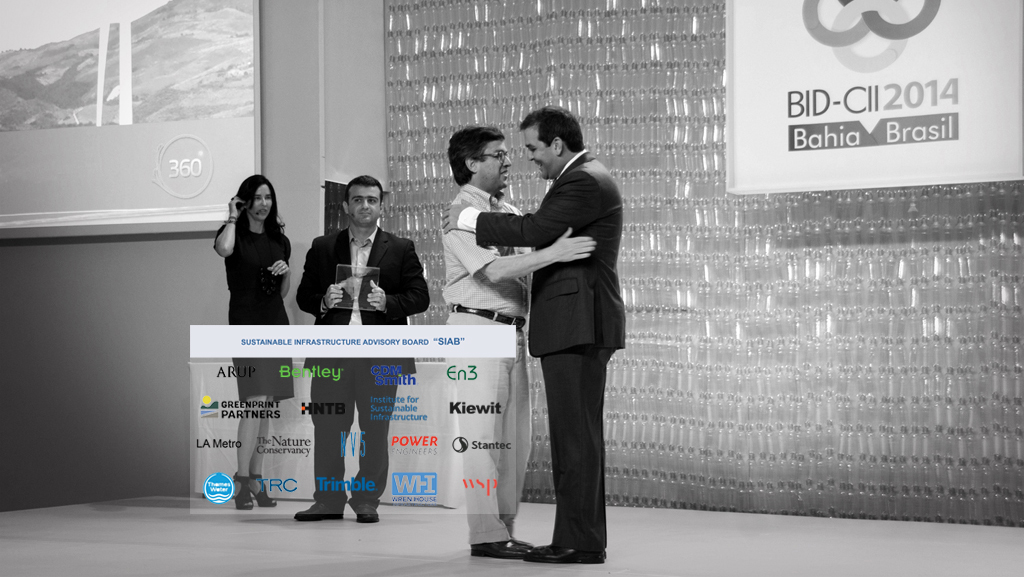On March 13, 2019, the United Nations Environment Assembly launched a resolution on Sustainable infrastructure. The ZPH has been involved in its launch through participation in several UN events. The resolution lists 6 main areas where efforts are welcomed, at various levels to promote sustainable infrastructure through partnerships, forums and other initiatives.
The 6 areas listed in the resolution are the following:
1. Encourages Member States to take the necessary steps to achieve Sustainable Development Goal 9 and related targets in other Sustainable Development Goals, taking into account national capabilities and priorities and recognizing the objective of moving towards sustainable consumption and production patterns;
2. Encourages Member States, as well as other relevant stakeholders, to apply appropriate sustainability criteria to all infrastructures a means to ensure sustainable consumption and production and maintain connectivity of the natural environment, and to collaborate to:
(a) Promote the mobilization, and realignment where applicable, of investments, including through promoting domestic policies to create enabling environment, towards sustainable infrastructure projects;
(b) Continue to support developing countries in partnership to strengthen the scientific technological and innovative capacity towards the implementation of this resolution in line with the commitment in the Agenda 2030 for Sustainable Development and the Addis Ababa Action Agenda;
(c) Develop and strengthen national and regional systems-level strategic approaches to infrastructure planning, in line with national legislation, including needs assessments, using the best available tools, guidelines, safeguards, and best practices such as environmental impact assessments, strategic environmental assessments, and others and development that incorporate inclusiveness, resilience and environmental sustainability across different sectors, in alignment with the 2030 Agenda;
(d) Promote nature-based solutions as key components of systems-level strategic approaches to infrastructure planning and development;
(e) Build further on existing public private partnerships and develop innovative approaches, and mutual exchange of expertise relating to sustainable infrastructure;
3. Requests the Executive Director to ensure that the United Nations Environment Programme with its relevant initiatives including, but not limited to, 10 Year Framework of Programmes on Sustainable Consumption and Production Patterns and its programme on building and construction as well as its sustainable public procurement programme continues and strengthens its work to facilitate coordinated efforts in all regions to promote the development and use of appropriate sustainability criteria for infrastructure as a means to attain sustainable consumption and production while maintaining an intact natural environment and implementing the goals and targets of the 2030 Agenda, including through:
(a) Promoting existing guidelines and best practices, including social and environmental safeguards, which have been gathered under biodiversity-related Multilateral Environmental Agreements and multilateral development banks;
(b) Creating and supporting multi-stakeholder dialogue platforms that contribute to open and transparent deliberative processes for generating and sharing knowledge on sustainable infrastructure, to ensure that accurate, timely and relevant information is publicly available and reaches key stakeholders at all levels;
(c) Building on and strengthening existing partnerships for sharing and implementing best practices for increasing the resilience and social and environmental sustainability of infrastructure development;
(d) Developing, within available resources, the capacity of government policymakers and other relevant stakeholders in the public and private sectors to use available data, knowledge, tools, approaches, and other mechanisms to incorporate sustainable infrastructure into development and business strategies;
(e) Building on existing initiatives and forge strengthened public private partnerships to facilitate private investment in sustainable infrastructure subject to available resources;
4. Encourages Member States and stakeholders to share and apply relevant international and national best practices, including on avoiding or, if not possible, mitigating the impact of infrastructure developments;
5. Requests the Executive Director to prepare, building on the work of regional commissions and other relevant UN bodies, a compilation report of best practices drawing on existing initiatives, identify knowledge gaps, to help member states promote and strengthen the sustainability of infrastructure and to report to an Environment Assembly;
6. Encourages Member States and stakeholders, engaging both public- and private-sector interests, to collaborate to initiate and further support existing partnerships and alliances for promoting scientific research and clean technology development to support developing countries towards the transition to a more sustainable infrastructure as well as to find innovative ways of promoting sustainable infrastructure in order to achieve resource efficiency.
Link to the resolution full text at this link.







Join us now ZPH Workshop: #Sustainable #Infrastructure for #ClimateAction in-person & ZOOM https://t.co/fCjkr0Ykrh
About 2 years ago from Zofnass Program's Twitter